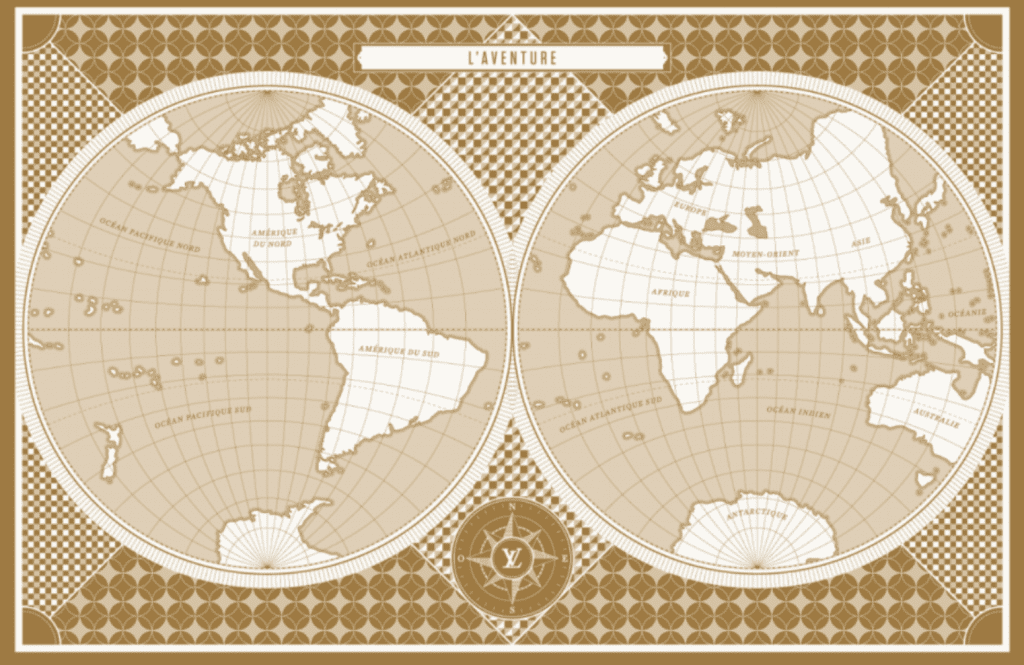The Office of the United States Trade Representative (“USTR”) released its 2017 “Special 301” Report, a first for the Trump administration, detailing how intellectual property is being protected – or better yet, not protected – on a worldwide basis. This yearly report is the result of a review of the state of intellectual property rights protection and enforcement of the U.S.’s trading partners around world, and it is especially relevant in fashion because it specifies which countries raise concerns due to their intellectual property practices.
Many of the same nations that regularly make the list, such as China, India, Indonesia, Thailand, and Vietnam, for online piracy, counterfeiting, ineffective systems for protecting against unfair commercial use of U.S. IP rights, etc., appear on this year’s list, as well. China, Russia, India, Algeria, Argentina, Chile, Indonesia, Kuwait, Thailand, Ukraine and Venezuela, for instance, were listed in the Obama administration’s 2016 report as “Priority Watch List” countries – those countries judged to have inadequate intellectual property laws (as opposed to “Watch List” countries, which are those whose intellectual property regimes are deemed to be of concern). A spot on the “Priority Watch List” may mean sanctions for these countries and also subjects them to extra scrutiny and could lead to sanctions if the U.S. brings cases to the World Trade Organization.
This year’s “Priority Watch List” remains unchanged compared to the 2016 list, as does the “Watch List,” on which Barbados, Bolivia, Brazil, Bulgaria, Canada, Colombia, Costa Rica, Dominican Republic, Ecuador, Egypt, Greece, Guatemala, Jamaica, Lebanon, Mexico, Pakistan, Peru, Romania, Switzerland, Turkey, Turkmenistan, Uzbekistan, Vietnam are named.
As noted by the World Trademark Review’s Tim Lince, “While the rankings remain the same, the report does acknowledge developments – both positive and negative – that have occurred in different IP regimes around the world.” He continues on to note, “The most praise was reserved for Pakistan and Spain, with the report noting: ‘Pakistan and Spain [have] both undertaken improvements in recent years: Pakistan has maintained positive momentum in its efforts to reform its IP regime and Spain has strengthened its criminal laws for IP infringement and demonstrated a continued commitment to tackling online piracy.’”
Criticism is pointed at a number of countries, including Canada, Egypt, Indonesia, Mexico, Turkey, Turkmenistan, and Uzbekistan, all of which are on the “Watch List,” for failing to “provide adequate or effective border enforcement against counterfeit and pirated goods.”
Interestingly, Canada, in particular, is hit hard in the report, which states: “The U.S. remains deeply concerned that Canada does not provide customs officials with the ability to detain, seize, and destroy pirated and counterfeit goods that are moving in transit or are trans-shipped through Canada. As a result, the U.S. strongly urges Canada to provide its customs officials with full ex officio authority to address the serious problem of pirated and counterfeit goods entering our highly integrated supply chains.”
Unsurprisingly, China – a routine “Priority Watch List” country – is highlighted due to both “longstanding and new IP concerns [that] strongly merit attention.” As set forth in the report, “China is home to widespread infringing activity, including trade secret theft, rampant online piracy and counterfeiting, and high levels of physical pirated and counterfeit exports to markets around the globe. China imposes requirements that U.S. firms develop their IP in China or transfer their IP to Chinese entities as a condition to accessing the Chinese market.”
In terms of other “Priority Watch List” countries, India is cited for its “lack of sufficient measurable improvements to its IP framework on longstanding and new challenges that have negatively affected U.S. right holders over the past year.” And both Chile and Colombia “have not delivered on IP commitments made to the United States.”
Finally, the report echoes some of the language put forth by President Trump in connection with his campaign and the first 100 days of his presidency, including a focus on fostering domestic jobs and fighting “harmful IP-related trade barriers.” The report notes that the “USTR works to protect American innovation and creativity with all the tools of U.S. trade policy,” and states that the threat of “diminish[ment] of U.S. competitiveness around the globe … puts U.S. jobs at risk.”
It also calls attention to “the resolve of this Administration to call out foreign countries and expose the laws, policies, and practices that fail to provide adequate and effective IP protection and enforcement for U.S. inventors, creators, brands, manufacturers, and service providers … is a critical component of the Administration’s aggressive efforts to defend Americans from harmful IP-related trade barriers.”











